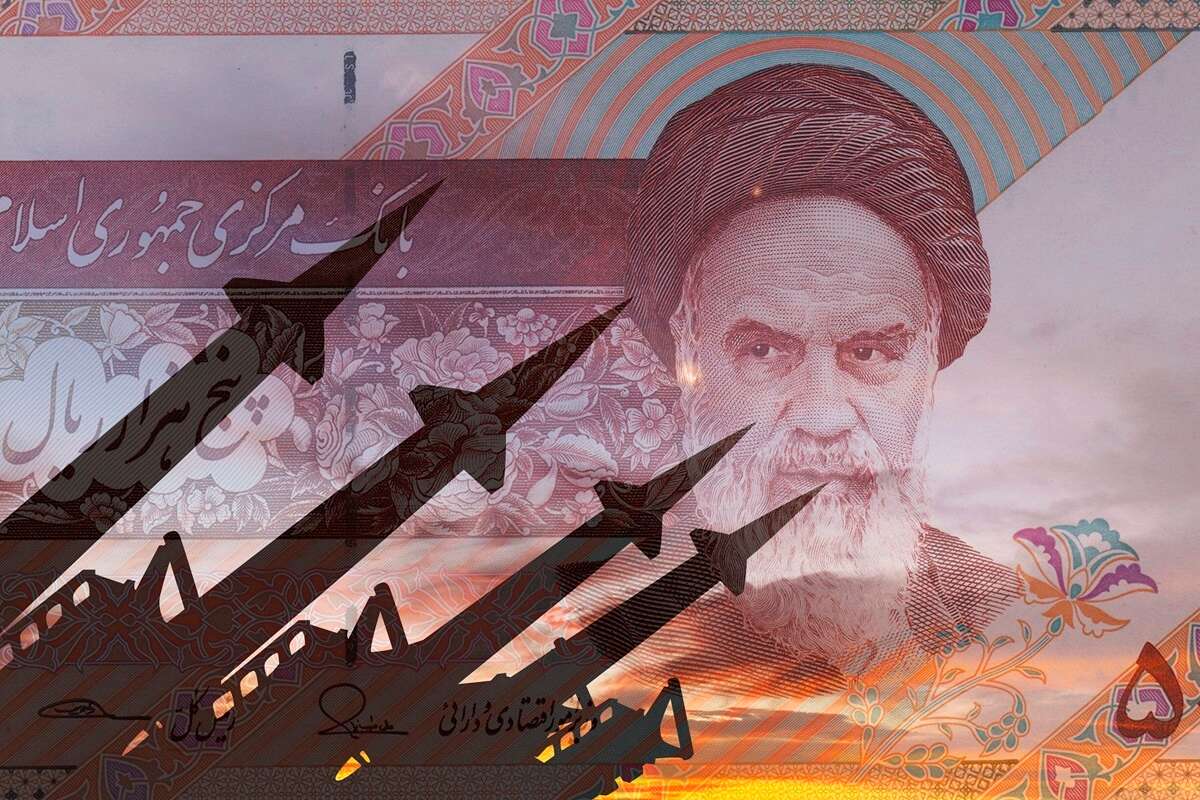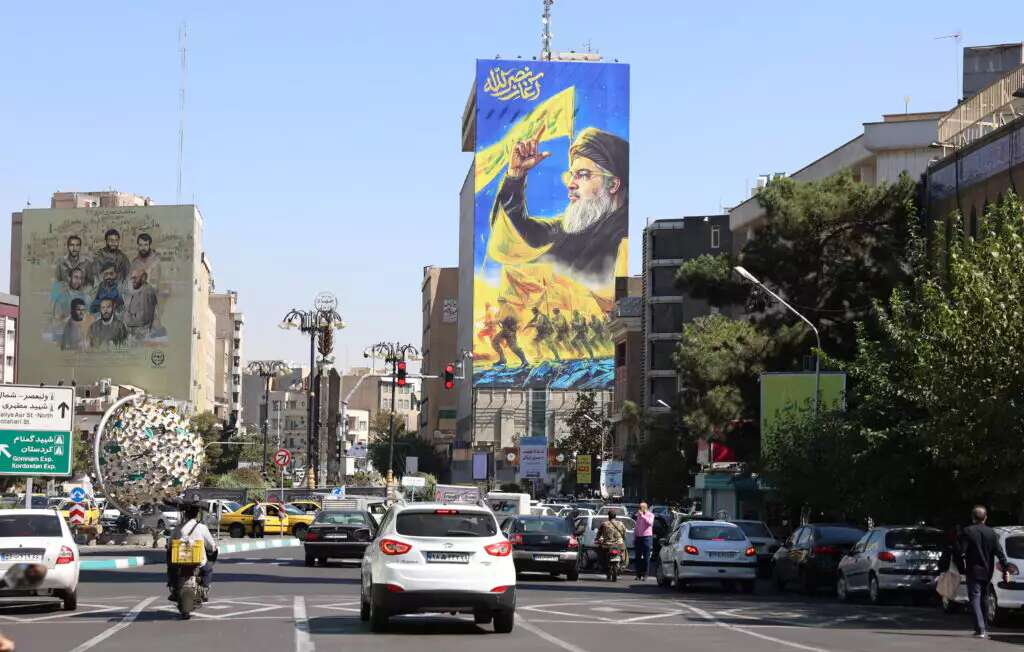Yesterday (Sunday), Syrian leader Ahmed Al-Shara—known as Abu Mohammad al-Julani—met with leaders of the Druze community in Lebanon and the Turkish foreign minister while sporting a tie. This was the first time the head of Hay'at Tahrir al-Sham was seen wearing one, making it a noteworthy event. At this point, you might be wondering if you're reading an article from Makor Rishon or a Mediterranean fashion magazine, but rest assured—relax in your seat and join us on a short journey exploring the status of ties in the Muslim world.
The Taliban is well-known for imposing strict limitations on appearance and clothing in Afghanistan, particularly for women. Alongside the infamous requirement for women to wear a burqa and for men to grow beards, the Sunni terrorist organization has also banned ties.
Before the Taliban seized power in Afghanistan in August 2021, suits and ties were popular attire in Afghan society. Last year, senior Taliban figure Mohammad Hashim Shahid Wror declared ties to be Christian symbols and therefore forbidden in Afghanistan. Back in 2022, ties were already banned in Afghan schools. "The history of the tie in Islam is clear. What is a tie? It's a cross. Sharia instructs us to break and destroy it," Wror stated at the time. Wror, who heads the Taliban's guidance department, is responsible for shaping the organization's religious policies.
The ban on ties is not unique to Afghanistan. Another prominent example is Muslim-majority Iran.

After the Islamic Revolution in 1979, Iran banned the wearing and sale of ties. Religious leaders in the Shiite country viewed ties as a Christian symbol or, at the very least, as representing Western culture. Members of the Basij militia used to patrol the streets of major cities with scissors to cut ties off people's necks for years, though local authorities only partially enforced the law.
At the start of the 21st century, more and more young Iranians—many of whom oppose the Ayatollah regime and its religious coercion—began wearing ties, particularly at weddings and funerals. This trend may have prompted authorities to take the ban more seriously. In 2008, Iranian customs deputy Asghar Hamidi announced that the country would prohibit the import of ties. By 2012, authorities instructed clothing stores to dispose of their tie inventories, and businesses whose logos featured ties were ordered to redesign them.

In 2010, then-Iranian President Mahmoud Ahmadinejad caused a stir when he said that no Shiite cleric had ever officially forbidden ties, prompting rebukes from religious scholars. That same year, a uniquely Iranian tie was designed in the shape of Zulfiqar—the sword of Imam Ali, the Prophet Muhammad's cousin and son-in-law. According to Shiite belief, Ali is the second-most important figure in Islam, and his historical status is central to the Sunni-Shiite divide. This unique tie was adorned with hadith (oral traditions in Islam) and was approved for use by several senior Shiite clerics.
Interestingly, the ban on ties in Iran is still enforced, albeit selectively, mostly targeting foreign visitors or residents.
The prohibition on ties dates back to the Shah's era, when ties were a popular accessory in Iran. However, the Persian connection to ties has deep historical roots. British scholar Noel Malcolm argued in his book A Brief History of Bosnia that ties were first introduced to Europe from Iran during the Sasanian Empire (3rd–7th centuries CE).
So, is Al-Julani's decision to wear a tie yesterday a political or fashion statement? Was it merely intended to complement his suit, or does it reflect an effort to distance himself from Islamic fundamentalism in general and Iran in particular? Perhaps the Mediterranean fashion magazine has the answers. For now, we will stay with the questions.




